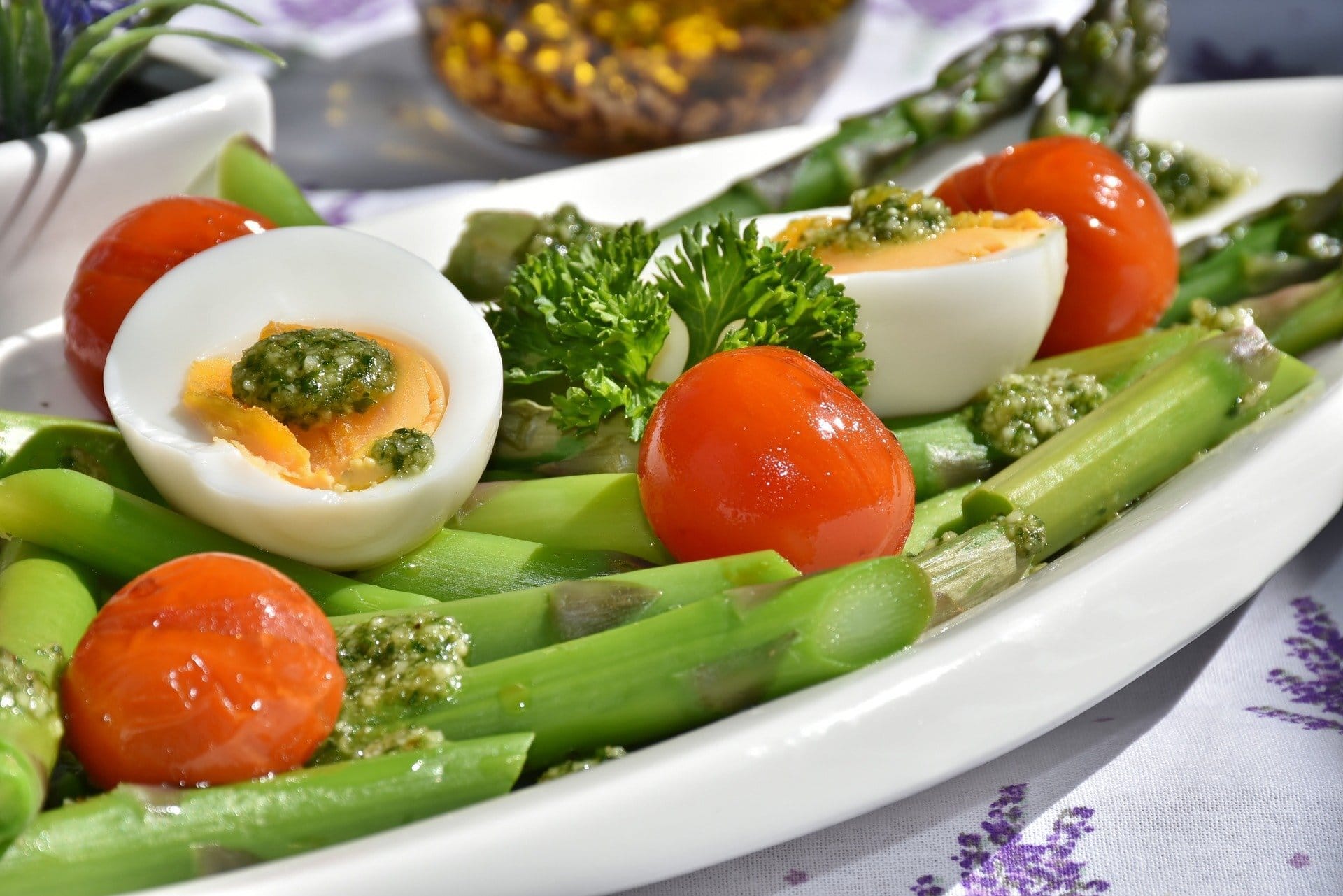With femtech predicted to be worth £50 billion by 2025 — and ovulation being dubbed the ‘fifth vital sign’ — we’re living in a fascinating time for women’s health.
But how easy is it exactly to balance hormones, especially naturally? Is it through diet or is it down to lifestyle and exercise?
Here, Gosh!’s expert nutritionist Fiona Lawson discusses how a diet made of plant-based products can help support optimal hormone balancing in two ways:
- Promoting healthy insulin levels
Insulin is one of our master hormones. It does the vital job of getting sugar out of our bloodstreams and into our cells, so our bodies can carry out their daily tasks.
Insulin is so important that it affects the levels of all other hormones too, especially our sex hormones. If our insulin is too high too often (a side effect of a diet high in sugar), it can lead to higher production of androgen or ‘male’ hormones.
In women, this can create symptoms such as excess body hair, greasy skin, and thinning of hair on the head— all of which are factors women do not want!
The good news is that we can keep our hormones in the happy range naturally by eating in a way that balances blood sugar.
Slow-digesting protein and fibre keep our blood sugar even and our insulin at a healthy level, rather than causing spikes and troughs.
Products that are high in fibre fit this bill, something akin to Gosh! Moroccan Spiced Koftas, which contain almost half of your recommend daily intake of fibre at nearly 10g per serving.
- Encouraging oestrogen balance
The right level of oestrogen can help women to feel on top of the world. This essential sex hormone not only strengthens bones and boosts mood, it even aids in getting your skin to glow.
However, maintaining a happy level of oestrogen can get tricky, particularly as a woman begins to approach menopause.
This is where food can help. Emerging research suggests that certain foods have ‘phytoestrogenic’ or oestrogen-balancing qualities.
This means they can help to boost oestrogen if it’s low and buffer it if it’s too high. Food sources of phytoestrogens include beans and legumes such as falafels or Gosh!’s range of vegan sausages, which are packed with lentils.
As well as eating a balanced diet full of fibre and phytoestrogen, it’s important to consider other lifestyle factors such as exercise and stress management in helping to aid hormonal balance for women.
